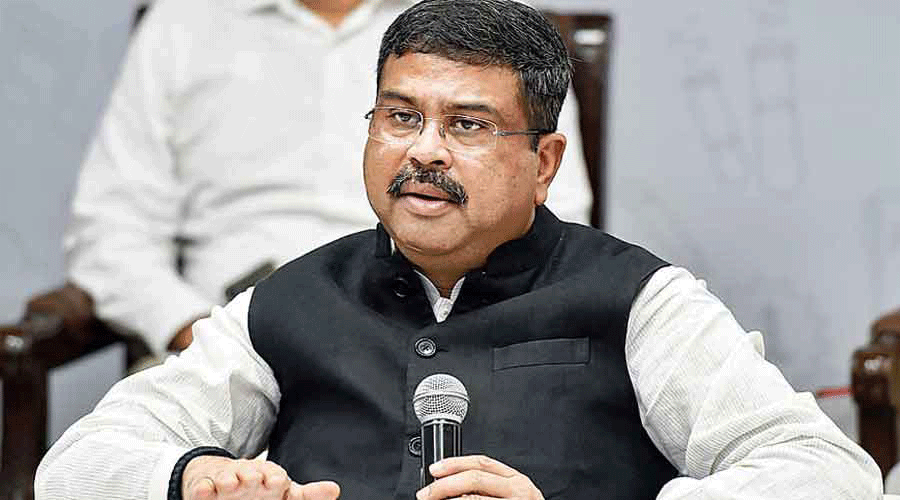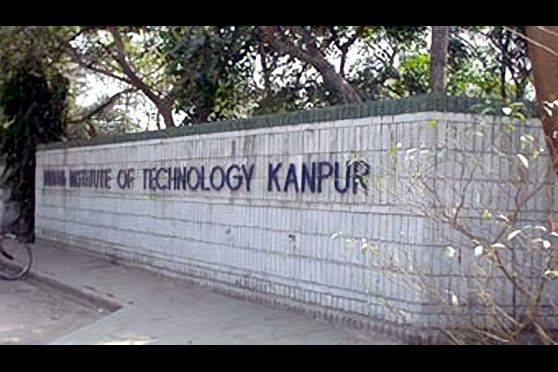The Centre has failed to appoint directors to eight IITs more than two months after the interviews, continuing a trend of delayed academic appointments that some government officials attribute partly to a hunt for ideologically pliant candidates.
Panels headed by education minister Dharmendra Pradhan interviewed prospective directors for the IITs in Bhubaneswar and Roorkee on March 15.
Another panel headed by Pradhan interviewed another batch of candidates on April 11 for the directorships of the IITs in Jammu, Goa, Dharwad, Palakkad, Bhilai and Tirupati.
It usually takes two weeks after the interviews for the appointment letters to be issued — after the President of India, who is the Visitor of the IITs, gives approval — though there’s no fixed timetable. This time, nine weeks have passed without a glimmer of clarity.
IIT Bhubaneswar’s situation is particularly puzzling. The interview in March was the second held by the ministry, which had conducted an interview earlier in July 2020 before cancelling the appointment process in October 2021 without citing reasons. For over two years, the institute is being run by caretaker directors.
It’s learnt that the files relating to the appointments have not been sent to the President since the government has been unable to select candidates.
Officials say it’s the Prime Minister’s Office that has been deciding high-ranking academic appointments under this government, despite a lack of statutory backing for such intervention.
They claim that one key reason for the endemic delays in appointments has been the PMO’s failure to find candidates it considers ideologically suitable.
The directors are executive heads of the IITs, similar to the vice-chancellors in universities. They recruit staff and push costly projects. Not having a regular director hampers an IIT’s functioning, a teacher at IIT Bhubaneswar said.
Besides these eight, another six IITs — Bombay, Delhi, Roorkee, Mandi, Ropar and Gandhinagar — lack regular chairpersons, who are meant to preside over the meetings of the boards of governors.
Among these six IITs, Roorkee has had no regular chairperson since 2017 because of a curious turn of events.
In 2017, then President Pranab Mukherjee had approved the appointment of scientist Anil Kakodkar as IIT Roorkee chairperson. But for unknown reasons, the government sat on the approval. Mukherjee’s term ended in July 2017. Three years later, the government quietly gave additional charge of IIT Roorkee to IIT Hyderabad chairperson B.V.R. Mohan Reddy.
Several central universities, including the Central University of Odisha, lack regular vice-chancellors.
Banaras Hindu University, a premier institution, has selected teachers but cannot issue the appointment letters because the education ministry has not appointed members to its executive council.
“The university held interviews for faculty appointments when Rakesh Bhatnagar was vice-chancellor (Bhatnagar retired in March 2021). The appointment letters are ready but can be issued only with approval from the executive council. However, the council has not been constituted,” a BHU teacher said.
On Tuesday, after the PMO tweeted a decision to recruit 10 lakh people to government departments in 18 months, Pradhan had tweeted that all the vacancies at the central higher education institutions would be filled at the earliest.
However, an education ministry official expressed scepticism, citing the lack of progress on a similar initiative over the past one year.
The higher education department had last year written to all central higher education institutions to fill vacant faculty posts within the one-year period between September 5, 2021, and September 4, 2022.
According to education ministry data, some 14,897 teaching posts were vacant at the time — and that by March 16 this year, only 5,716 of these posts, less than 40 per cent, had been advertised and none had been filled.
An email sent to the higher education secretary on Wednesday morning seeking the reasons for the delay in appointments has remained unanswered.











